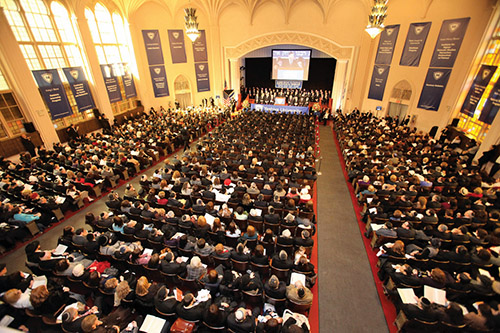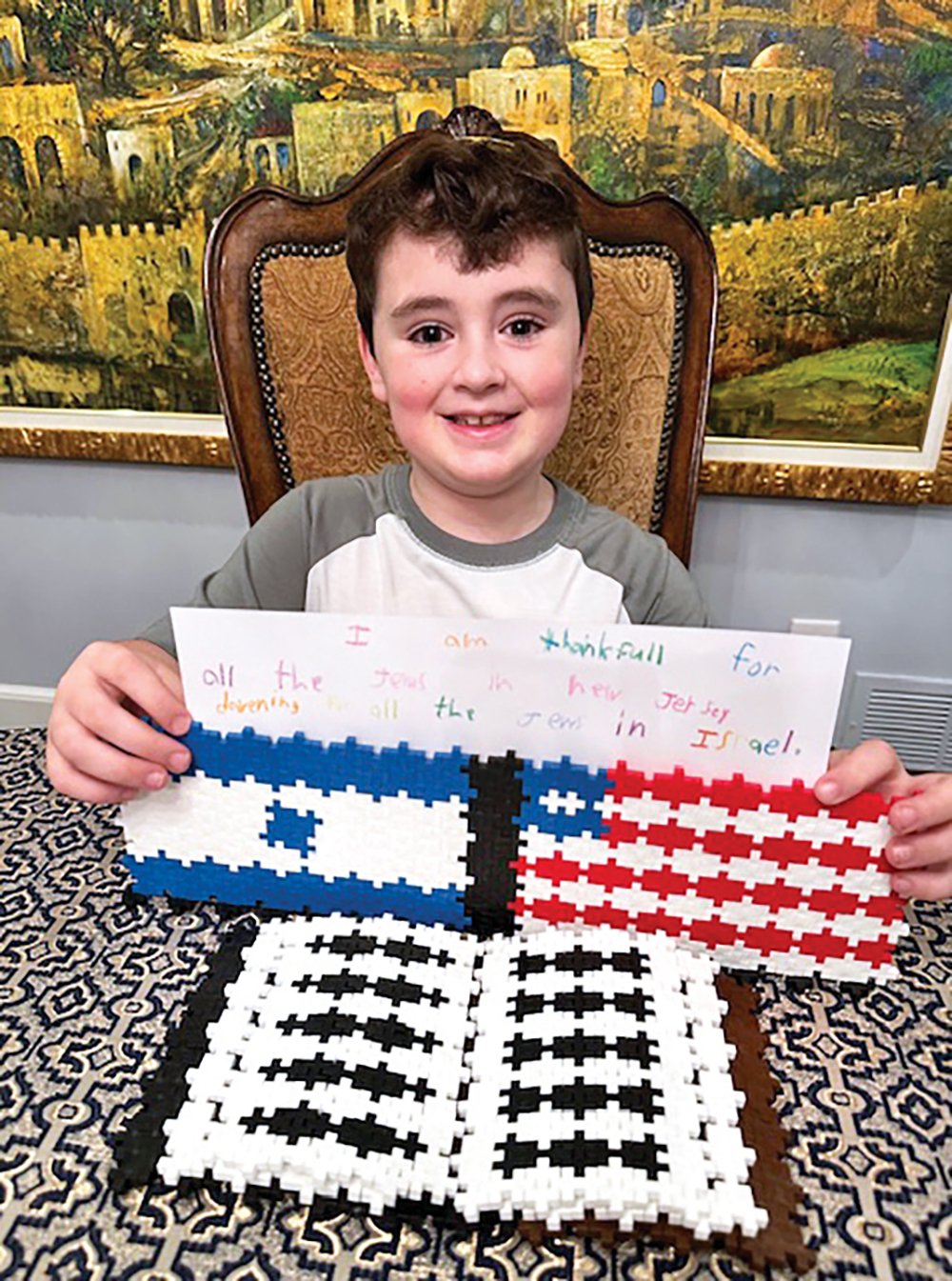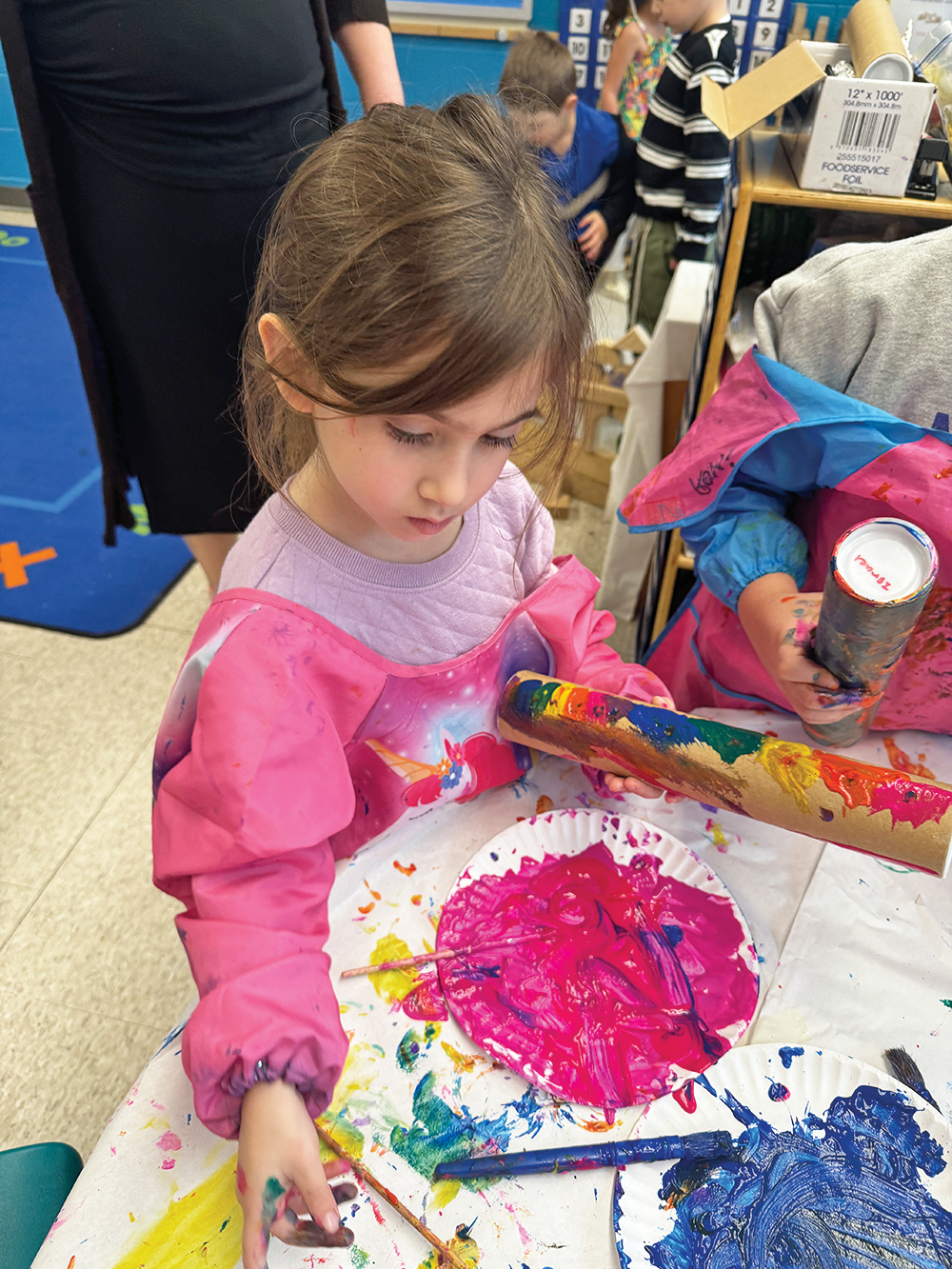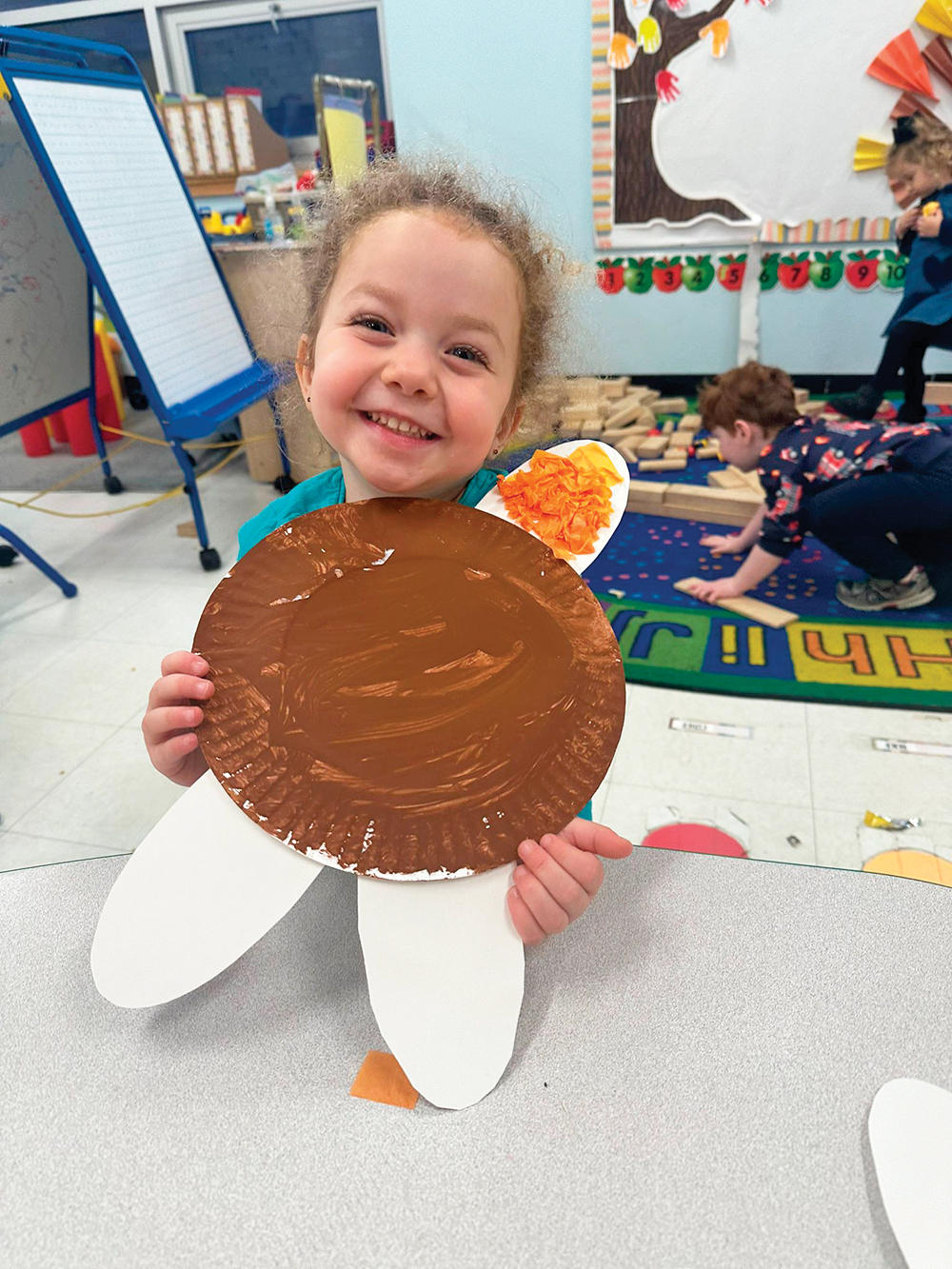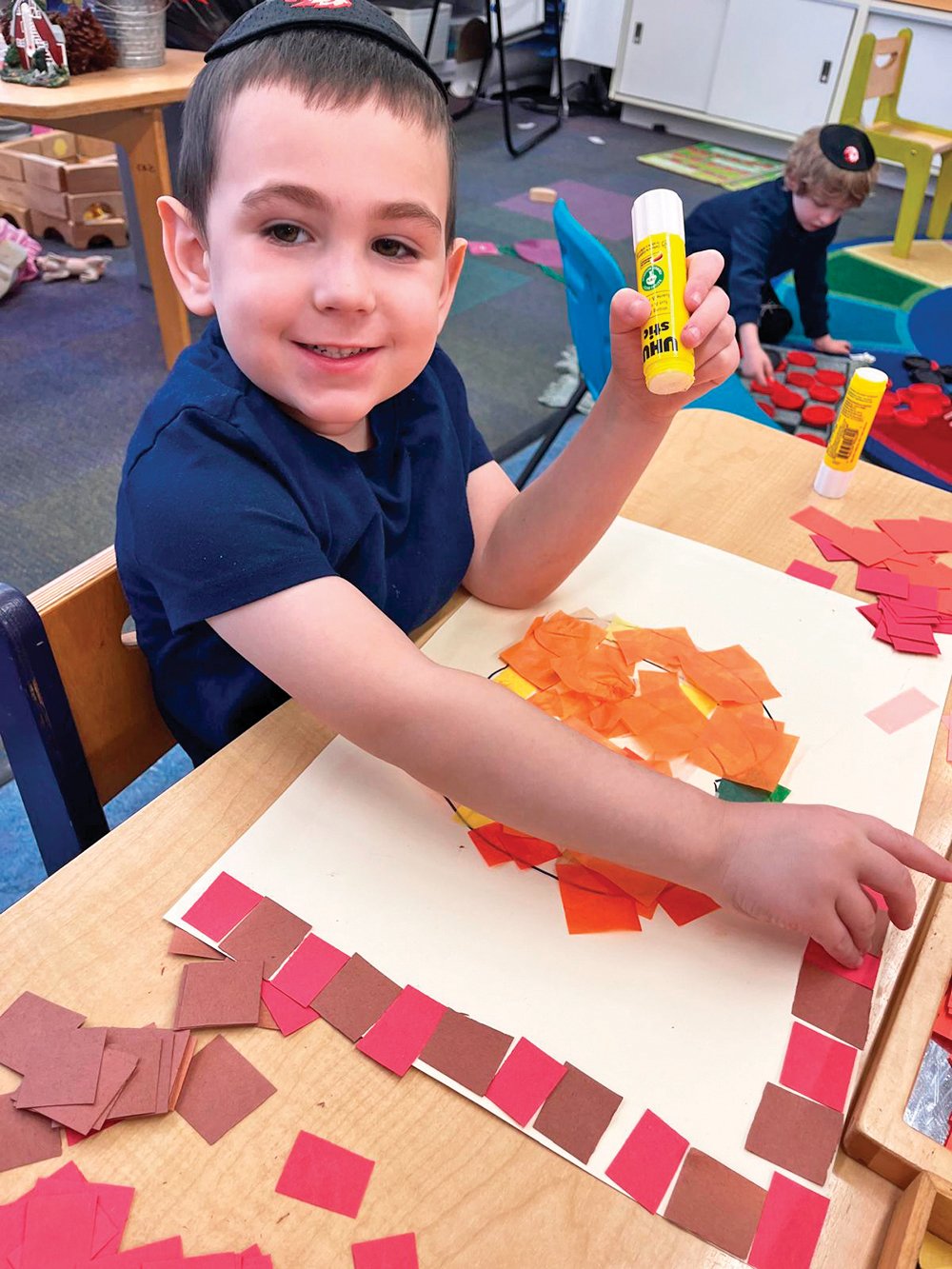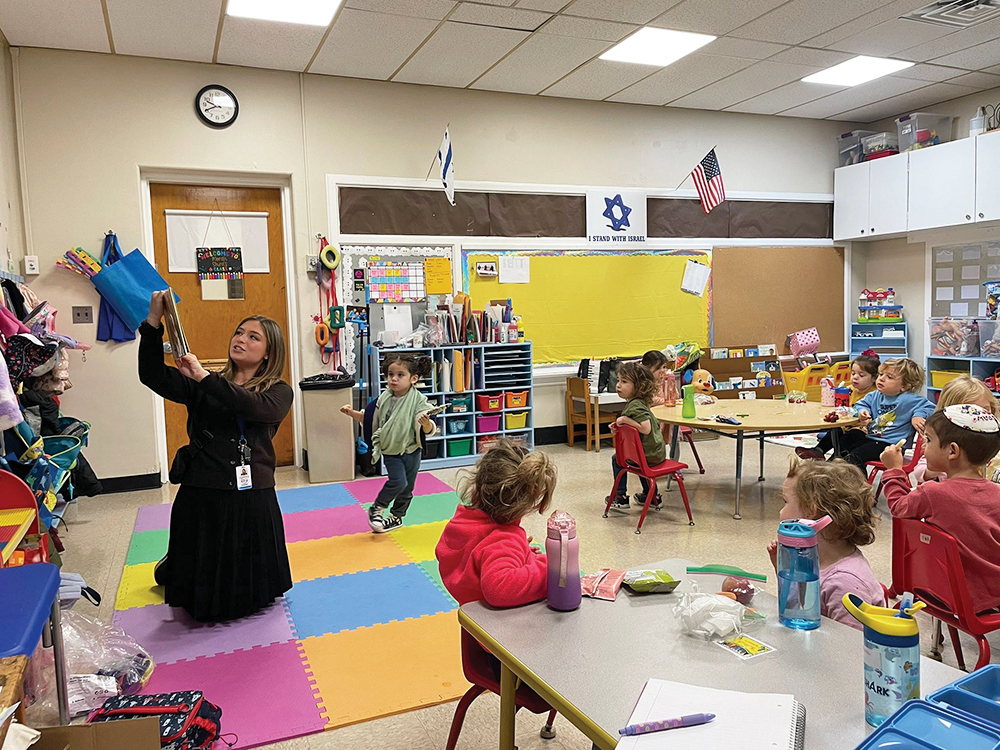





March 19 will mark the 111th Chag HaSemikhah convocation celebrated by Yeshiva University since 1906. This year’s musmachim (rabbinic graduates), from the classes of 2014 to 2017, will join more than 3,000 men to have passed through the batei midrashim of the Rabbi Isaac Elchanan Theological Seminary (RIETS) and gone on to become Orthodox rabbis, scholars, educators, professionals and leaders around the world. In response to the increasing numbers of new musmachim who have been matriculating every four years, YU, beginning this year, has combined the musmachim of the past three years and will hold the Chag HaSemikhah every three years going forward.
Among the 130 new musmachim, 34 hail from northern New Jersey, a source of tremendous pride to these communities, many of which have scores if not hundreds of YU graduates and musmachim as congregants.
Among the Northern New Jersey musmachim are the sons of five nationally prominent community rabbis, four of whom were themselves ordained by Yeshiva University. These include (in alphabetical order) Tuvia Brander, grandson of Rabbi Aaron Brander, son of Rabbi Kenneth Brander, vice president for university and community affairs at Yeshiva University and a Teaneck resident; Moshe Genack, son of Rabbi Menachem Genack of Congregation Shomrei Emunah of Englewood, who also serves as CEO of the Orthodox Union’s kashruth division; Yechiel Neuberger, grandson of Rabbi Zevulun Charlop (dean emeritus of RIETS), son of Rabbi Yaakov Neuberger, a RIETS Rosh Yeshiva and mara d’asra of Congregation Beth Abraham of Bergenfield, and brother of Rabbi Motti Neuburger, currently of The White Shul; Efraim (Ari) Pruzansky, son of Rabbi Steven Pruzansky of Congregation B’nai Yeshurun of Teaneck; and Yaakov Taubes, grandson of Rabbi Chaim Shulman, z”l, and son of Rabbi Michael Taubes, Rosh Yeshiva of YUHSB/MTA and rabbi of Congregation Zichron Mordechai of Teaneck.
“The blessing of having children receiving semikhah is a treasured one,” said Rabbi Yaakov Neuburger, who also serves as a rosh yeshiva at Yeshiva University. “But it pales to the blessing of sharing the same bais hamedrash with one’s children, and that is a gift that I pray every Jew should have. It speaks to the youthfulness and the magnificence of the study of Torah and the precious privilege we all have to be part of a tradition of curiosity and creativity,” he told The Jewish Link.
The musmachim are emerging with a new training with a focus on pastoral counseling in addition to exemplary Torah scholarship. YU’s Rabbinical Professional Education Program was designed to meet the spiritual and communal needs of our time, through courses in pastoral psychology and public speaking to leadership training and community building. A new mental health emphasis provides musmachim with crucial self-care tools as they manage the stresses and challenges of public life. In addition, students are prepared to deal with contemporary halachic issues that they may encounter such as bioethics, technology and business, which embody the Torah Umadda philosophy of Yeshiva University. “Obviously, there is great emphasis on arming our students with the skills they will need to teach and communicate with clarity, passion and sensitivity,” said Rabbi Neuburger. “The semikhah student is introduced to the wide array of issues that he will encounter in his lifelong service to our community. That includes details of halachic practice, which will require his ruling, communal quandaries, which will require him to take a position, and the gamut of life situations, which will require empathetic and professional shepherding.”
Commenting upon the evolving new focus of the semikhah program, Rabbi Tuvia Brander, who serves as the rabbi of the Young Israel of West Hartford, commented, “As a third-generation YU musmach, it is quite obvious that RIETS has evolved since my grandfather Rabbi Aaron Brander completed his semikhah almost 60 years ago. Contemporary rabbis are now being called upon to step into completely new roles as CEOs of their shuls and institutions as engagement strategists, mental health first responders, volunteer and board development experts in addition to their traditional role as mara d’asra involving halachic questions, Torah classes and spiritual guidance.”
When asked how his parents view his becoming a pulpit rabbi, the younger Brander responded, “Growing up as the son of a rabbi, I think I surprised everyone, including myself, by going into the rabbinate. Yet, from a young age, I watched and imbibed my parents’ intense passion and commitment to help others and serve the Jewish people and the world community. Each of my siblings in their own way has chosen to continue our parents’ legacy of service and devotion to the klal.”
Rabbi Menachem Genack expressed great pride in his son Moshe’s receiving semikhah. Currently serving as an assistant rabbi at Congregation Shomrei Emunah in Englewood (where his father serves as senior rabbi), the young Genack is also a rebbe at Teaneck’s Heichal Hatorah High School and previously served as rabbinic intern at Young Israel of Oceanside, New York, and for two years at Teaneck’s Congregation Beth Aaron. “Going back to many years ago when I received semikhah from YU,” said the elder Rabbi Genack, “most of my peers were not going into pulpit or teaching positions. I believe that now the majority are pursuing these positions to the good fortune of our communities. The beit midrash at YU is always full and I can attribute this and the increased pursuit of semikhah to the one to two years of serious study in Israel that provides our young men and women with a true reverence and love of Torah.”
Identifying his mission as he enters the field of rabbanut, Rabbi Moshe Genack shared the following: “I hope to promote a holistic approach to Yiddishkeit and the world around us. We should constantly be involved in political engagement, the arts and general knowledge, but it should always be informed by the Torah. I believe that the greater Jewish community is slightly fragmented, and although we have incredible shuls, schools and organizations working to better Jewish life around the world, if we put our heads and resources together more often, our results can be exponentially better.”
Rebbetzin Beth “Bassie” Taubes, whose husband Michael and father Rabbi Chaim Shulman, z”l, also received semikhah from RIETS, shared her perspective on her son Yaakov’s milestone. “I am excited that my son will have a voice in shaping the future of Modern Orthodoxy. I am so proud that he has become a leader who is halachically committed, open-minded and inspired by his Judaism to engage the world through intense study, activism and a strong connection to the broader community.” Rabbi Yaakov Taubes is currently working as part of the Orthodox Union’s JLIC (Jewish Learning on Campus) program as a campus rabbi at University of Pennsylvania.
Rabbi Michael Taubes, who is rosh yeshiva at MTA/YUHSB and rabbi at Teaneck’s Congregation Zichron Mordechai, added, “As for Yaakov’s decision to enter the rabbinate as a profession, I confess to having been somewhat surprised. But it is certainly quite flattering and impressive, especially at a time when the Jewish community is in need of leaders who are uncompromisingly committed to halacha, knowledgeable, dynamic and intellectually well-rounded, which I am proud to say is all true of Yaakov.”
While a large percentage are already engaged in religious pursuits such as pulpit positions, Jewish education, outreach or post-semikhah Torah study, many as well will pursue careers in other professions including law and medicine. “The students who do not continue on to a life of communal service nevertheless gain from our beis hamedrash in that the traditional yeshiva course of study is accompanied by the accountability that comes with frequent testing,” said Rabbi Neuburger. “Moreover, the sense that one’s future will be marked by their accomplishments in our beis hamedrash, which is true for all yeshiva students, is more keenly felt when learning shoulder to shoulder with those preparing for communal service, and that can bring greater energy to one’s study,” he added.
One such example of a student who has chosen to go into law is Rabbi Ari Pruzansky, who is currently completing a law degree at New York University. In the fall, he will begin working for a law firm in New York City. When approached by The Jewish Link about his now completed semikhah studies at YU, Pruzansky said, “There are many ways in which to serve the Jewish community. Semikhah is not merely an academic accomplishment or a professional degree. It is a mandate to serve the Jewish people and spread the light of Torah, which I hope to do in my life. As my father commented to me, the fact that so many rabbis’ sons are entering the rabbinate belies the stereotype that rabbis’ children often become disenchanted with Torah and the Jewish people because of their fathers’ experiences. My father’s experiences have been overwhelmingly positive and rewarding. I see from his daily enthusiasm that he really enjoys what he does.”
Proud father Rabbi Steven Pruzansky, of Teaneck’s Congregation B’nai Yeshurun, told The Jewish Link, “What gives me most nachas is that my son’s life is imbued with a love of Torah and the Jewish people.”
Musmachim from northern New Jersey, in addition to those mentioned above, include the following. From Bergenfield, Uri Schneider and Elliot (Ely) Shestack, who is now the rabbi at Congregation Ahavat Achim in Fair Lawn. From East Brunswick, Bryan M. Chustckie. From Elizabeth, Steven J. Bergman. From Fair Lawn, Jonathan Bloom and Yehuda Kravitz. From Highland Park, Arieh Moshe (Ari) Ackerman, Eliron Levinson and Chaim Strassman. From Passaic, Aaron Fleksher. From Teaneck, Shlomo Clark, Chaim (Howard L.) Cohen, Yakov Danishefsky, David (Shaya) First, Noam Friedman, Robert (Yechiel) Fuchs, Daniel B. Goldberg, Noah Goldstein, Jason Grossman, Michael Hoenig, Mordechai Kornbluth, Alvin Reinstein, Samuel Reinstein, William D. Roth, Moshe Watson, Joseph (Yosef) M. Weinberger, and Mordecai Weisel. From Washington Township, Brett Carpe. From West Orange, Andrew J. Israeli.
The Chag HaSemikhah will be livestreamed beginning at 11:30 am on Sunday, March 19 at https://www.yu.edu/chag.
By Pearl Markovitz


